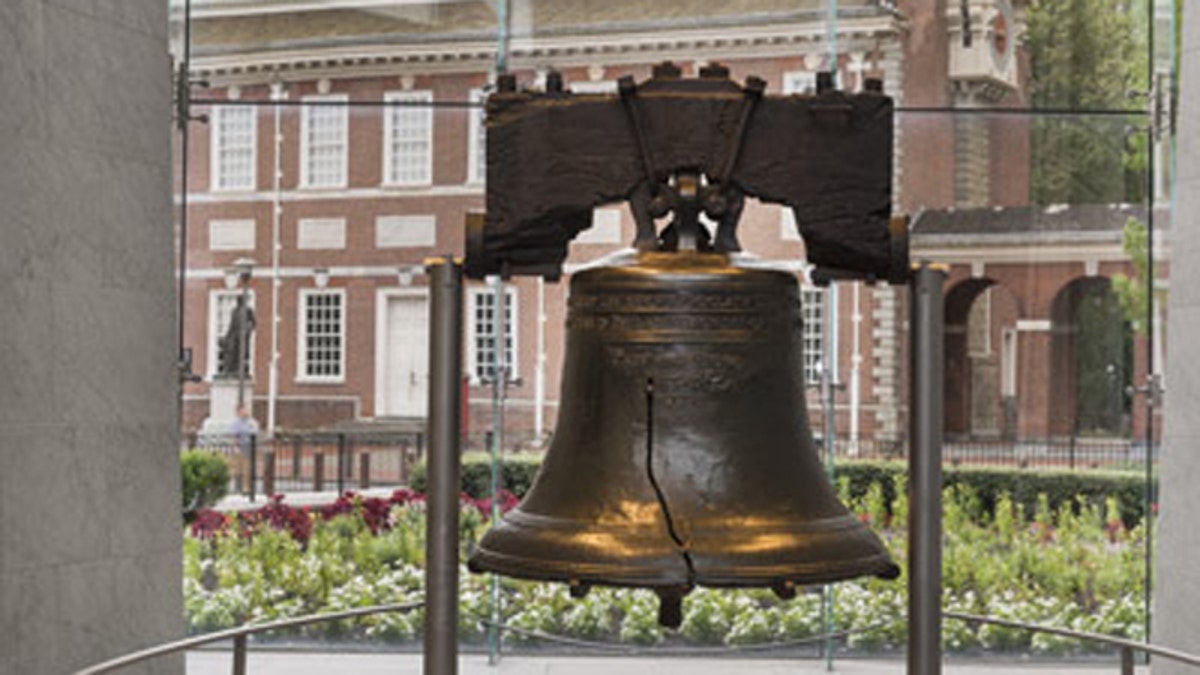
The Liberty Bell (NPS)
Americans like to believe we are an exceptional people. We speak of ourselves as a city upon a hill, a nation lifting our light beside the golden door, a people who more than self their country loved and mercy more than life. Exceptionalism was a topic of debate between Barack Obama and Mitt Romney in 2012, and for others it continues to serve as a litmus test of patriotism. But what is American exceptionalism? And why should it matter?
At the founding of the republic, America certainly seemed not only exceptional but almost peculiar. From time out of mind, human societies had organized as hierarchies—pyramids with kings at the top, nobles in the middle, and commoners on the bottom. But the Enlightenment overthrew hierarchy, starting in the 17th century with Newton and other naturalists. They dismantled the “Great Chain of Being,” which described creation as a hierarchical system, and came to understand nature as a rational order.
By the 18th century, Enlightenment thinkers transferred the overthrow of hierarchy to the political realm, arguing in the same vein that no human being was born with inherent qualities that entitled him to rule or be ruled. When the American colonists rebelled against King George III, their replacement was not another hierarchy, but a republic with no orders, ranks or prelates, religious liberty for all, and an equal title for everyone to “life, liberty and the pursuit of happiness.” This was simply without precedent. “The birthday of a new world is at hand,” wrote Tom Paine.
Europeans were less enthusiastic.
To continue reading on The Wall Street Journal click here.
